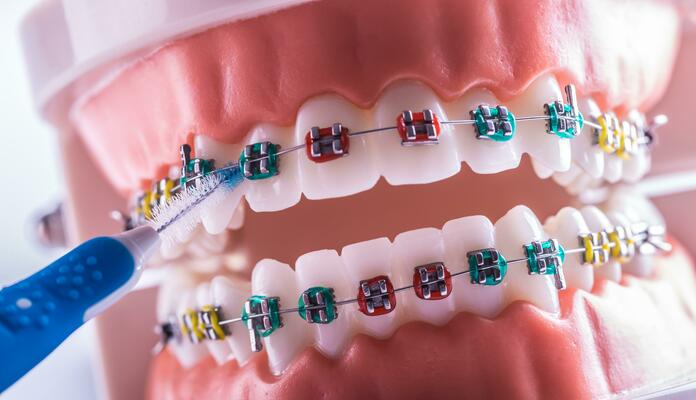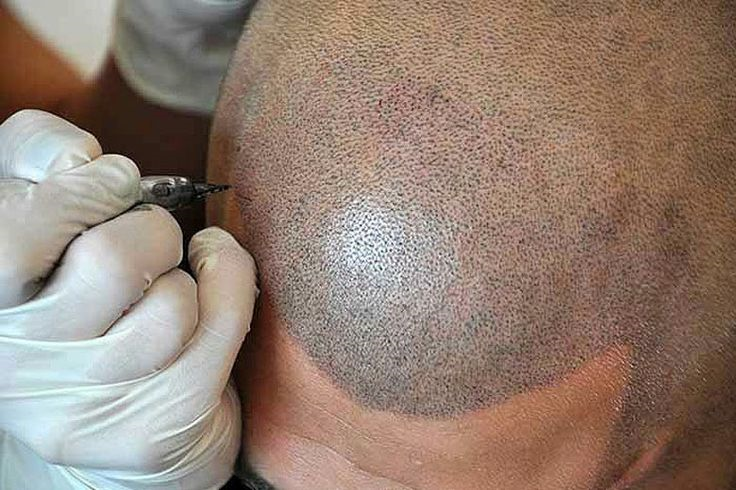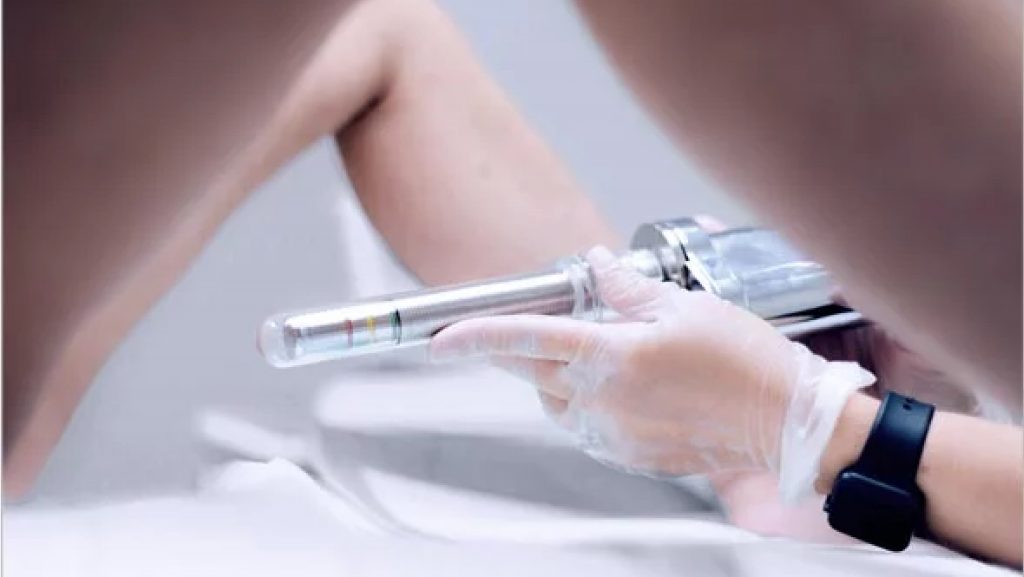Choosing the right orthodontic treatment involves considering not only effectiveness but also safety, especially for patients with allergies. For those seeking dental braces in Dubai, understanding the materials used in braces and their potential to cause allergic reactions is crucial. Allergies to certain metals or latex in orthodontic appliances can cause discomfort, skin irritation, or more severe reactions. This article explores the common materials used in dental braces, identifies potential allergens, and outlines safe options for sensitive patients.
Common Materials Used in Dental Braces:
Dental braces consist of various components, each potentially made from different materials tailored to function and comfort.
-
Metal brackets and wires usually made from stainless steel or nickel-titanium alloys
-
Ceramic brackets, which are tooth-colored and less visible
-
Plastic or acrylic parts in removable aligners or clear retainers
-
Elastics or rubber bands often containing latex or synthetic alternatives
-
Adhesives and bonding agents used to fix brackets to teeth
Allergic Reactions Associated with Braces:
Some patients may experience allergic reactions triggered by specific materials used in braces.
-
Nickel allergy is the most common metal allergy related to braces
-
Symptoms include redness, swelling, itching, and soreness inside the mouth
-
Latex allergies may cause gum irritation or systemic reactions in sensitive individuals
-
Allergic responses can affect the success and comfort of orthodontic treatment
-
Early detection and alternative material use are essential
Safe Materials for Patients with Allergies:
Orthodontic technology has evolved to offer safe and effective alternatives for allergy-prone patients.
-
Nickel-free stainless steel or titanium brackets and wires reduce allergic risk
-
Ceramic braces eliminate metal exposure and are hypoallergenic
-
Clear aligners made from BPA-free plastic provide metal- and latex-free options
-
Latex-free elastics prevent reactions in patients with latex sensitivity
-
Custom treatment planning to avoid allergenic materials is standard practice
How to Identify and Manage Braces Allergies:
Proper diagnosis and management of allergies help ensure a smooth orthodontic experience.
-
Discuss allergy history thoroughly with your orthodontist before treatment
-
Allergy testing may be recommended to identify specific sensitivities
-
Monitor for signs of allergic reaction during treatment
-
Inform your orthodontist immediately if symptoms occur
-
Switch to alternative materials if an allergy is confirmed
The Role of Dental Braces in Dubai Clinics:
Clinics providing dental braces in Dubai prioritize patient safety and comfort by addressing allergy concerns.
-
Offering a range of hypoallergenic orthodontic materials and solutions
-
Customizing treatment plans based on individual allergy profiles
-
Educating patients on signs of allergic reactions and care protocols
-
Utilizing the latest technology to minimize allergen exposure
-
Providing ongoing support and adjustments to ensure treatment success
Final Thoughts:
For anyone considering dental braces in Dubai, understanding the materials used and their potential to cause allergies is vital. Fortunately, advancements in orthodontic materials have made it possible for patients with allergies to receive safe, effective treatment without compromising comfort or results. Open communication with your orthodontist about allergies will help tailor your braces to your needs and ensure a positive, irritation-free orthodontic journey.







0 Comments